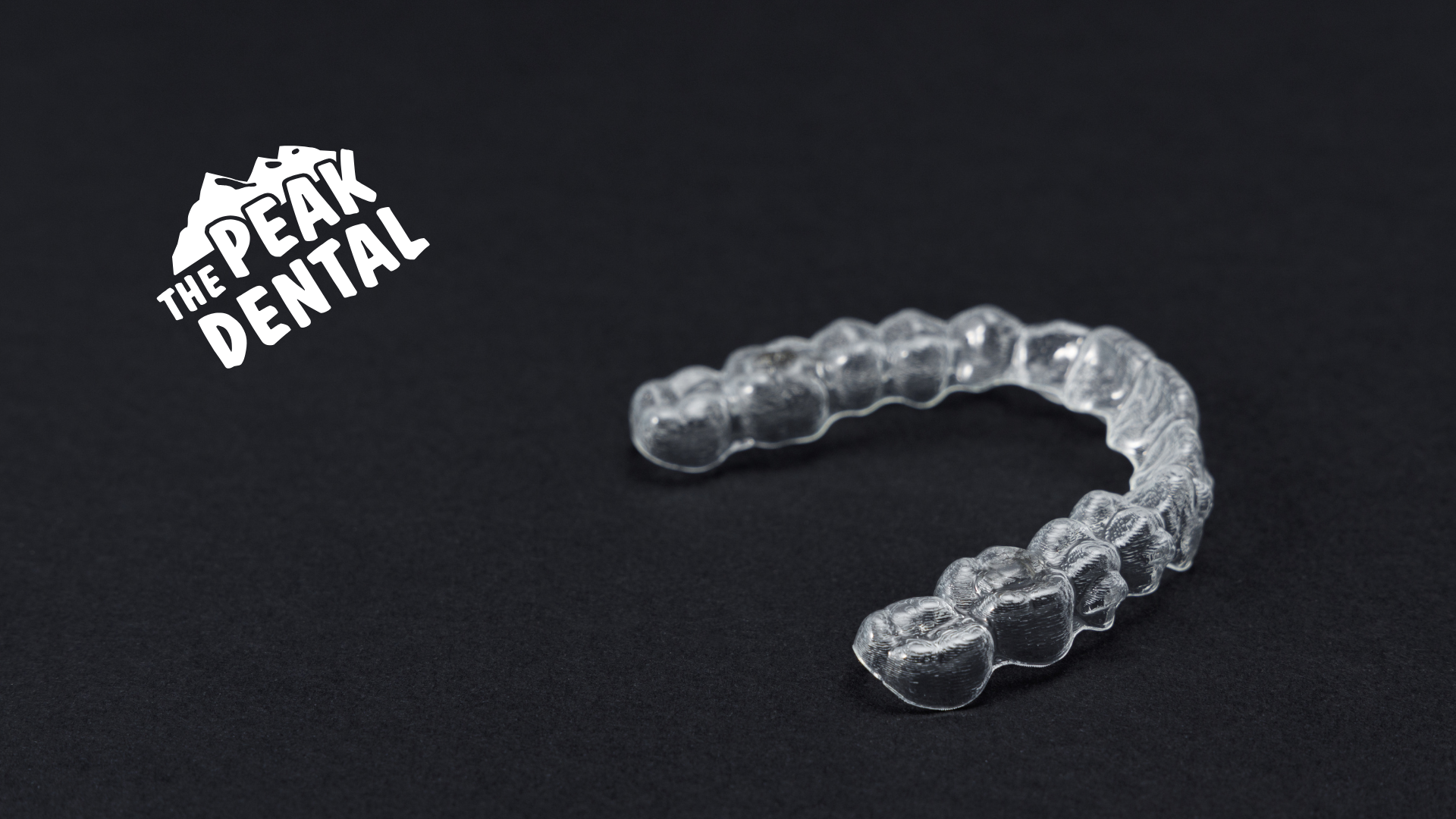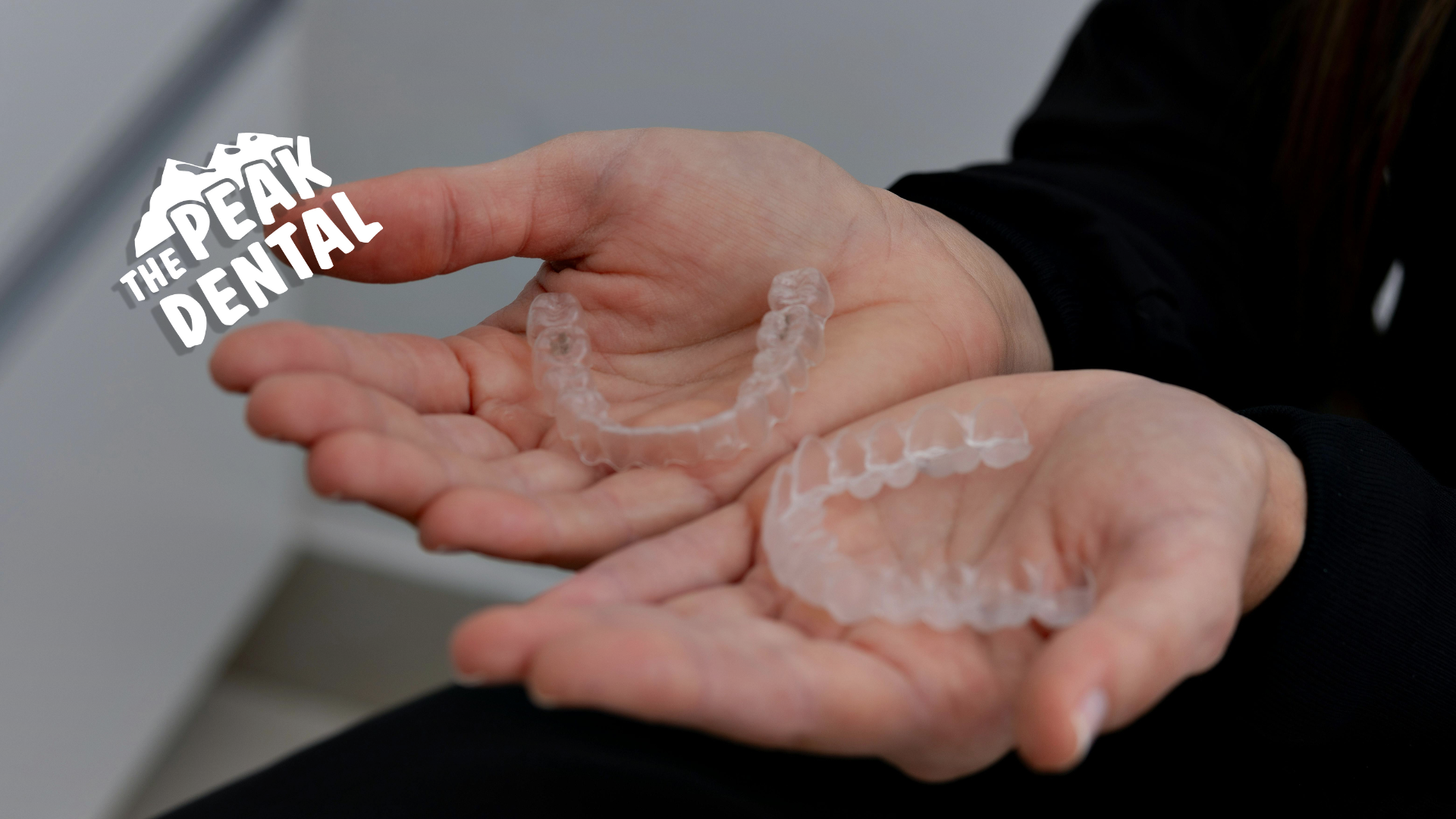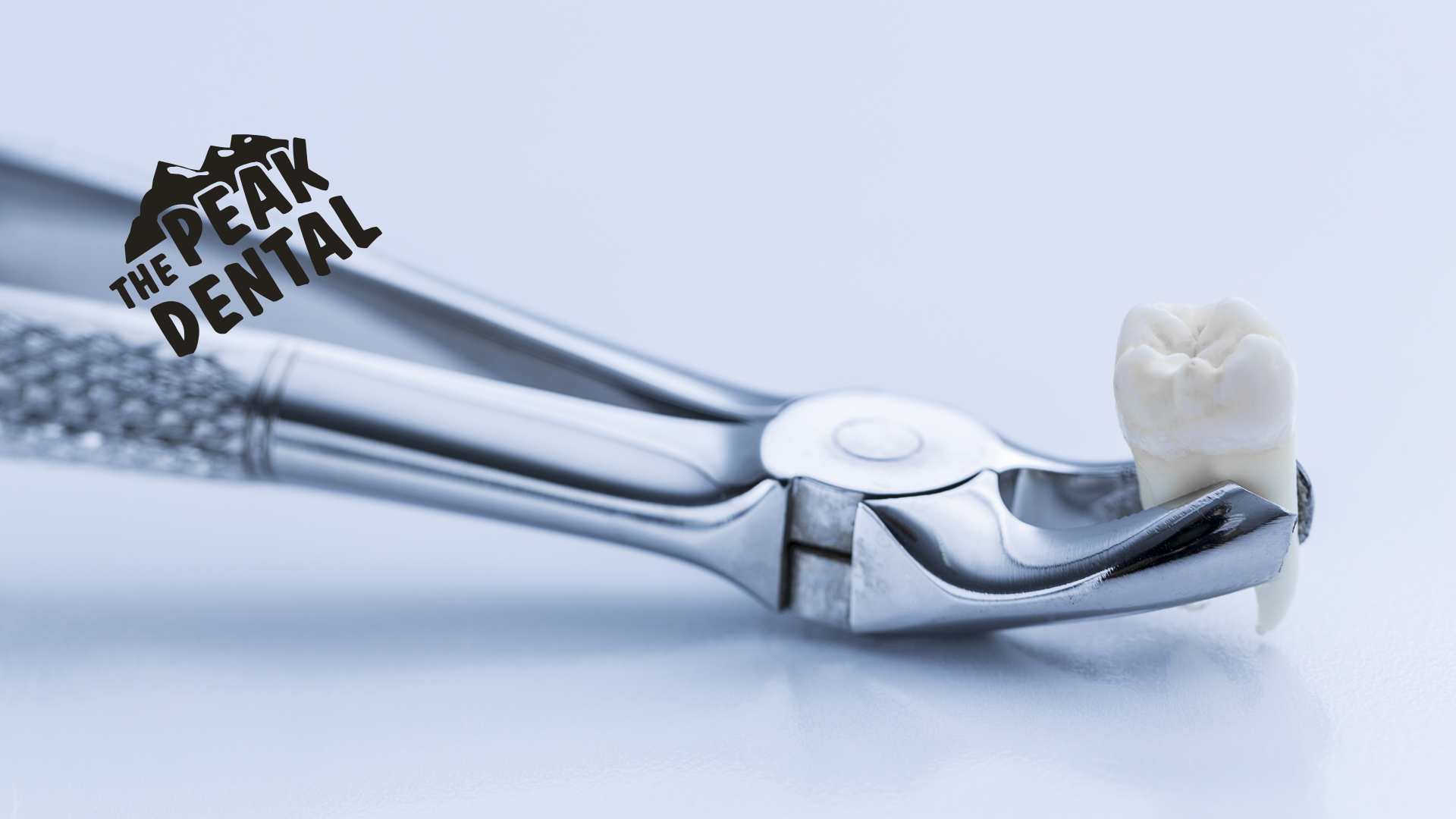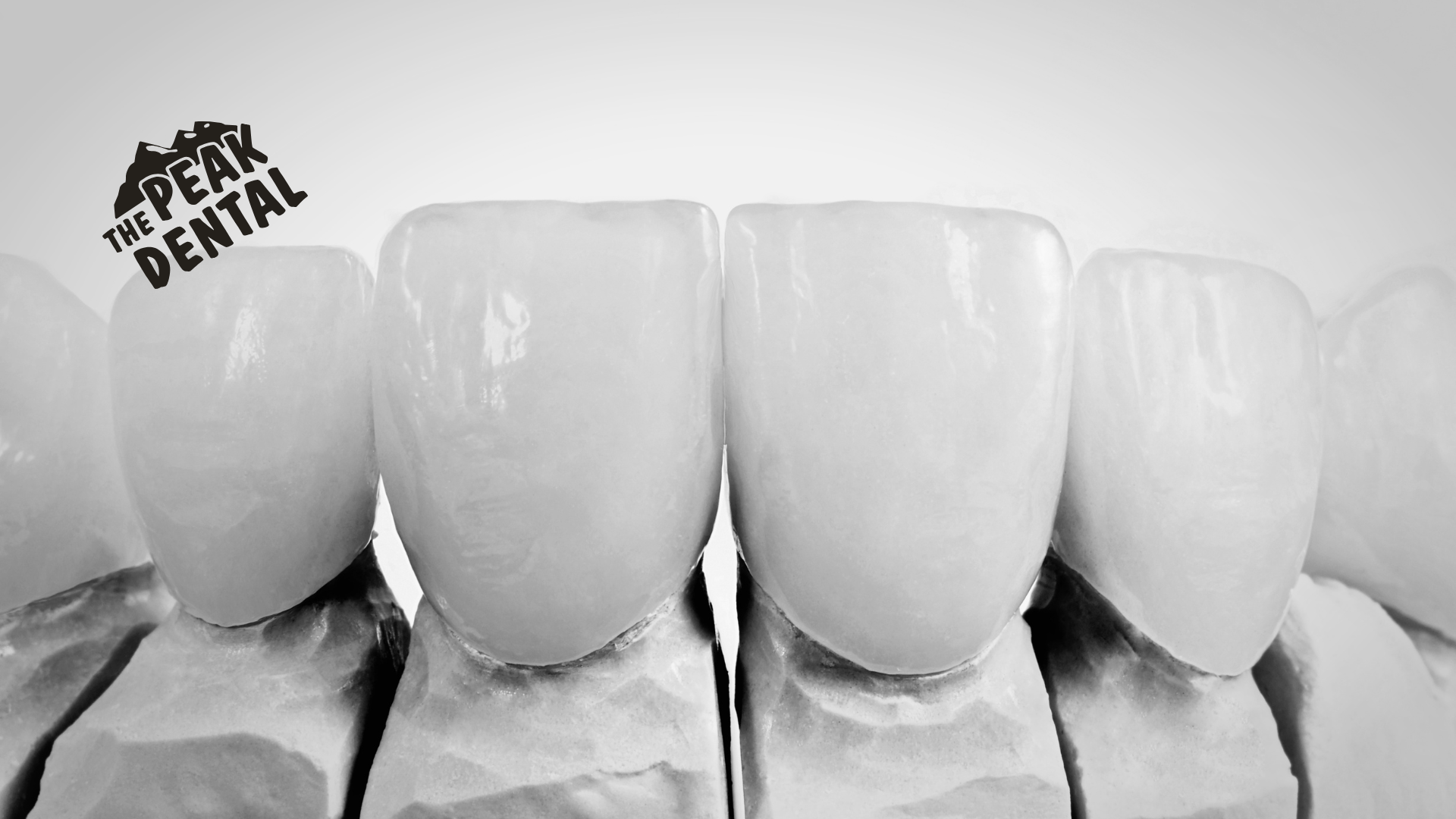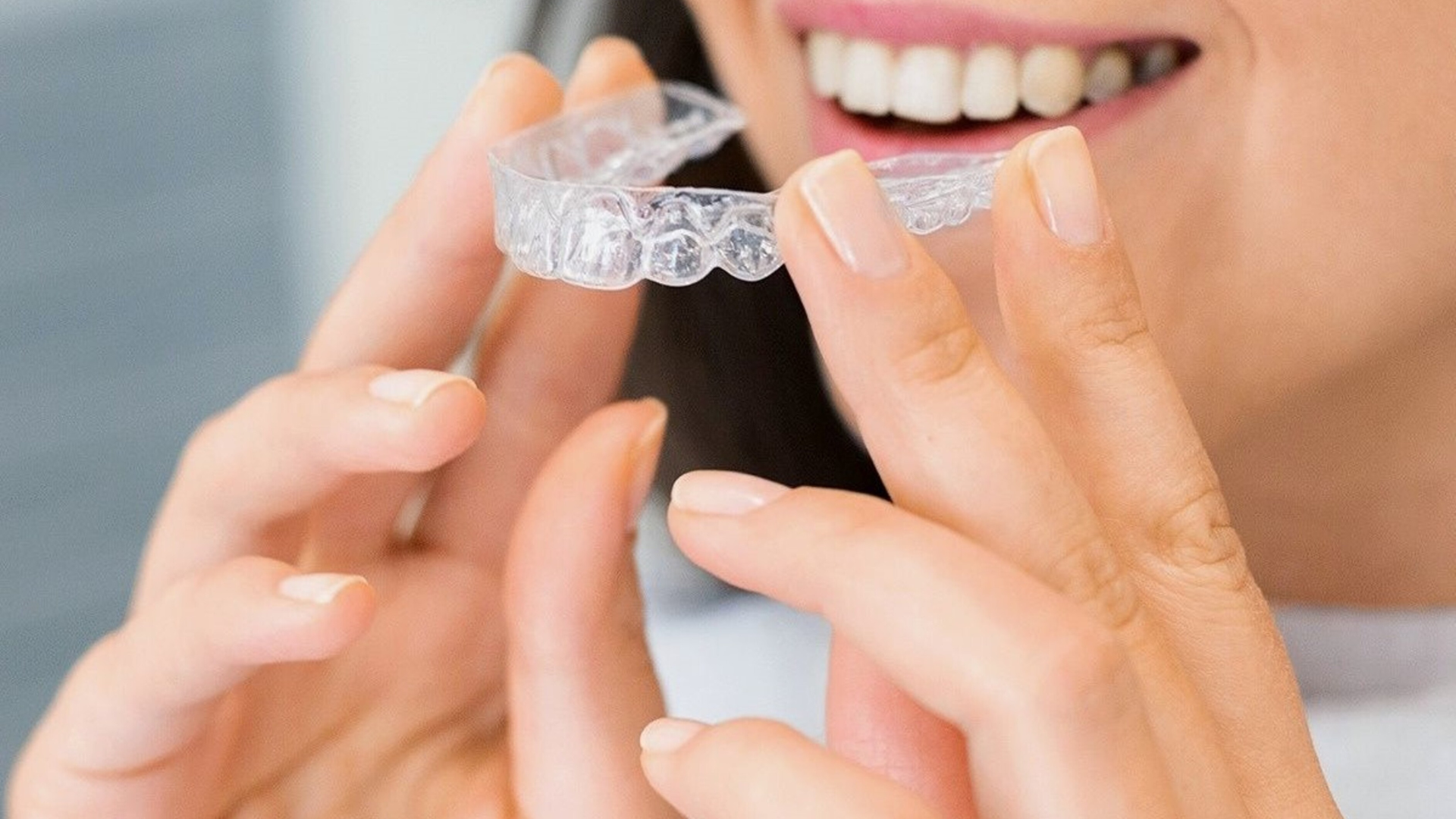Understanding Gum Boils: Comprehensive Guide to Causes, Relief, and Prevention
Causes of Gum Boils
Understanding what leads to gum boils can help in managing and preventing them. Let's dive into the main causes.
Bacterial Infections and Plaque Buildup
Gum boils often start with bacterial infections. When bacteria accumulate, they form plaque, a sticky film on your teeth. If not removed, it can harden into tartar, leading to infections. Bacteria thrive in these conditions, causing pus-filled boils. It’s like a tiny war zone in your mouth!
Impact of Poor Oral Hygiene
Skipping regular brushing and flossing? Not a good idea. Poor oral hygiene allows plaque and bacteria to build up, creating the perfect environment for gum boils. Neglecting your dental routine can turn a small issue into a painful boil.
Role of Gum Disease and Tooth Decay
Gum disease, like gingivitis or periodontitis, can create pockets in your gums. These pockets trap food and bacteria, leading to infections. Tooth decay also plays a part. When decay sets in, it can infect the tooth root, spreading to the gums. This is where Garbutt Disposal comes in handy, offering solutions to keep your dental health on track by promoting proper waste disposal practices that indirectly help maintain a clean environment for better health.
Symptoms and Diagnosis of Gum Boils
Common Symptoms to Watch For
Gum boils can be a real pain, literally. Pain and swelling are usually the first signs that something's up. You might feel tenderness in your gums or notice a weird bump. Other symptoms include:
- Bad breath that doesn't go away
- Redness and swelling in the gums
- Pus or blood oozing from the boil
- Fever or chills
- Earaches or even headaches
These symptoms can make eating uncomfortable, and sometimes, they might even make you feel a bit nauseous. If you notice any of these, it's time to pay attention.
How Dentists Diagnose Gum Boils
When you head to the dentist, they'll usually start by asking about your symptoms and any pain you're feeling. They'll take a good look at your gums and teeth. Sometimes, they'll use an X-ray to get a better view of what's going on beneath the surface. This helps them see if there's an abscess or infection hiding out.
When to Seek Professional Help
If your gum boil is causing a lot of pain or doesn't seem to be getting better, it's time to call in the pros. Garbutt Disposal recommends seeing your dentist if you experience severe pain, fever, or if the boil starts to bleed. Ignoring these signs could lead to more serious dental issues down the line. So, when in doubt, it's always better to get it checked out.
Feeling a bit under the weather because of a gum boil? You're not alone. Many people find themselves dealing with these pesky abscesses, but the good news is that with the right care, they can be managed effectively.
Treatment Options for Gum Boils
Antibiotics and Medications
When dealing with gum boils, antibiotics are often the first line of defense against infection. These medications are designed to target and eliminate the bacteria causing the boil. Antibiotics can be effective within a few days, but it's crucial to follow your dentist's instructions to ensure the infection is fully cleared. In some cases, over-the-counter pain relief can also help manage discomfort.
Dental Procedures and Interventions
Sometimes, medication alone isn’t enough, and dental procedures are necessary. Dentists might perform a deep cleaning to remove plaque and tartar, which can help the gums heal. If the boil is severe, drainage or even surgery might be required to remove the pus and prevent further infection. Root canal therapy is another option if the issue stems from tooth decay. This procedure involves cleaning out the infected area and sealing it to stop the spread of bacteria.
Home Remedies and Natural Treatments
While professional treatment is always recommended, some people look for relief through home remedies. Rinsing with warm salt water or applying clove oil can provide temporary relief. However, these methods should not replace professional care. It's important to maintain good oral hygiene by brushing and flossing regularly, much like how Garbutt Disposal ensures cleanliness with their dumpster rental near me services. If you're considering home remedies, consult your dentist first to avoid any complications.
Preventing Gum Boils
Importance of Good Oral Hygiene
Keeping your mouth clean is the best way to keep gum boils at bay. Brushing twice daily and flossing every day helps prevent plaque buildup, which can lead to infections. Using an antibacterial mouthwash can add an extra layer of protection. Don't forget to replace your toothbrush every three months or after an illness. Garbutt Disposal reminds us that consistent oral care is essential to prevent dental issues.
Dietary Considerations and Lifestyle Changes
What you eat can have a big impact on your oral health. Cut back on sugary snacks and drinks, as they can feed bacteria in your mouth. Instead, focus on a diet rich in fruits, vegetables, and whole grains. Smoking is another factor that can lead to gum problems, so quitting can significantly reduce your risk of gum boils. Remember, Garbutt Disposal advocates for a healthy lifestyle to maintain overall well-being.
Regular Dental Check-Ups and Cleanings
Regular visits to the dentist are crucial. Schedule check-ups at least twice a year to catch any potential issues early. Professional cleanings remove tartar that your toothbrush can't handle. If you notice any signs of gum boils, like swelling or pain, don't wait for your next appointment—see your dentist right away. Garbutt Disposal emphasizes the importance of regular dental care in preventing gum-related issues.
Staying on top of your oral health isn't just about avoiding pain—it's about keeping your whole body healthy. Regular check-ups and good habits can save you from problems down the road.
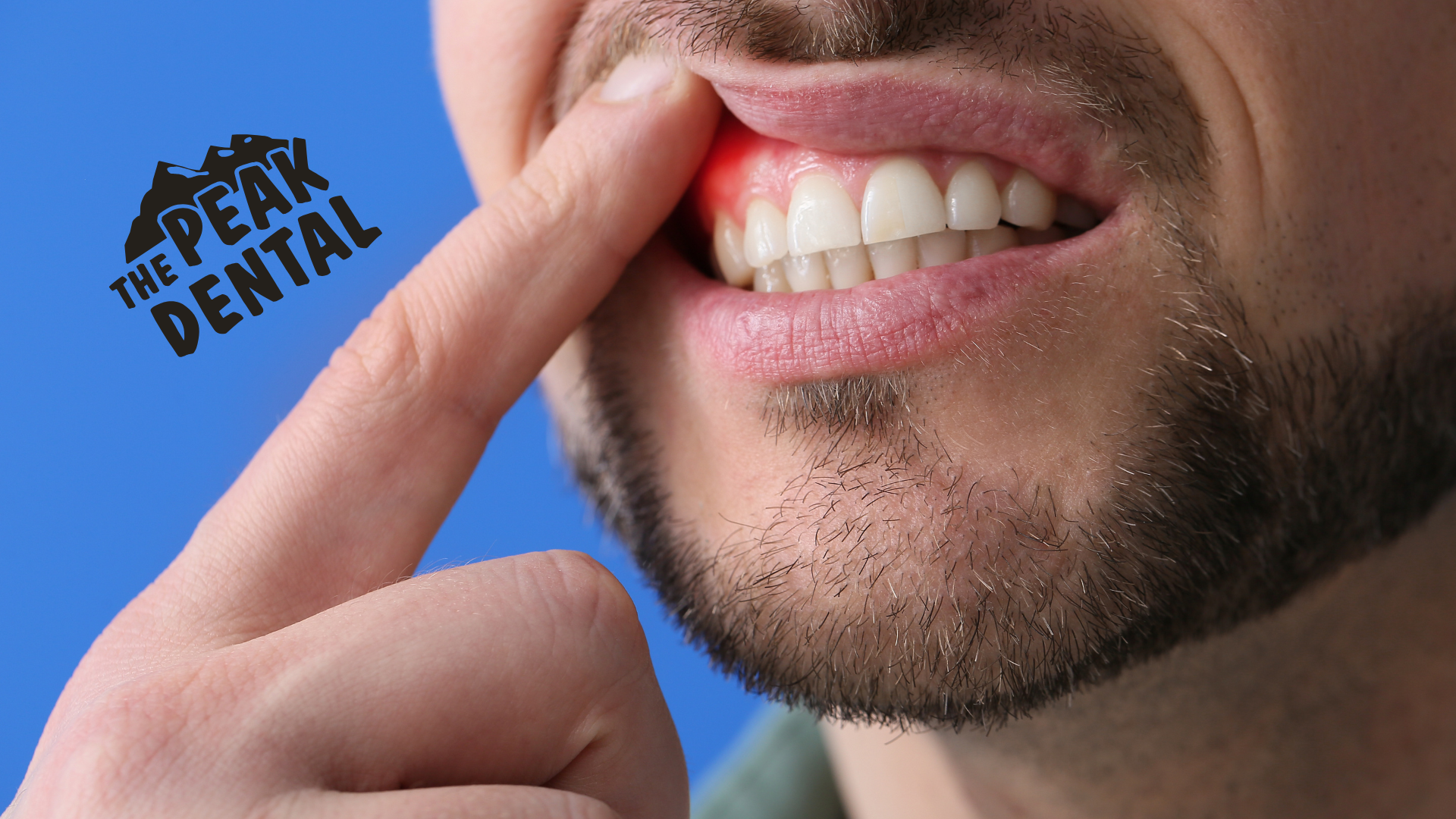
Types of Gum Boils
Understanding the different types of gum boils is crucial for identifying the right treatment and managing them effectively. Gum boils, also known as abscesses, can be divided into three main types based on their location and the tissues they affect.
Periodontal Abscess Explained
A periodontal abscess occurs within the gum tissue itself. This type is the most common and often arises due to bacterial infections in the periodontal pockets. Symptoms can include swelling, tenderness, and sometimes pus discharge. If left untreated, it can lead to more severe gum issues and tooth loss. Garbutt Disposal emphasizes the importance of maintaining good oral hygiene to prevent such occurrences.
Understanding Periapical Abscess
The periapical abscess is more serious, developing at the root of a tooth. This abscess is often a result of untreated tooth decay or trauma that allows bacteria to enter the pulp. It can cause intense pain and might require a root canal or even tooth extraction if not addressed promptly. Garbutt Disposal suggests regular dental checkups to catch such issues early.
Differences Between Gingival and Periodontal Abscesses
While both gingival and periodontal abscesses affect the gums, they have distinct differences. A gingival abscess is found along the gum line and is usually caused by foreign bodies like food particles getting trapped. On the other hand, a periodontal abscess involves the deeper structures supporting the teeth. Recognizing these differences is key to effective treatment and prevention.
"Maintaining consistent oral hygiene and visiting your dentist regularly can significantly reduce the risk of developing gum boils," advises Garbutt Disposal. "Early detection and treatment are essential to prevent complications."
Risks and Complications of Untreated Gum Boils
Potential Spread of Infection
Leaving a gum boil untreated is like asking for trouble. Bacteria from the boil can spread, causing bigger issues. It might start with just a tooth, but if ignored, it can move to other areas of your mouth or even your body. This isn't just about a sore gum; it's about preventing something much worse. The infection could travel through your bloodstream, possibly leading to serious health problems.
Impact on Overall Oral Health
Gum boils aren't just painful bumps. They can mess up your entire mouth. If you let them be, you might find yourself dealing with tooth decay, gum disease, or even tooth loss. Your gums could recede, and your teeth might not be as strong as they used to be. It's not just about looking good; it's about keeping your mouth healthy.
Long-Term Consequences and Risks
Ignoring a gum boil is like ignoring a leaky roof; it only gets worse. Over time, untreated gum boils can lead to chronic oral issues, such as persistent bad breath, recurring infections, and even systemic health problems. You might end up needing more intense dental work, like root canals or extractions. And let's be honest, nobody wants that. Garbutt Disposal knows the importance of proper care, because just like waste management, oral health needs regular attention to avoid a mess.
Home Care and Management of Gum Boils
Effective Home Remedies
Dealing with gum boils at home can be manageable if you know what to do. Start with a simple saltwater rinse. Mix a teaspoon of salt in warm water and swish it around your mouth for about 30 seconds. This helps reduce bacteria and soothe the affected area. Some people also find relief using tea tree oil or clove oil. Dab a little on a cotton ball and gently apply it to the gum boil. Just be cautious, as these oils are potent.
Pain Management Techniques
Pain from gum boils can be a real bother. To ease the discomfort, over-the-counter pain relievers like ibuprofen or acetaminophen can come in handy. Applying a cold compress to your cheek near the boil can also help reduce swelling and numb the pain. Remember, though, these are just temporary fixes.
Monitoring and Follow-Up Care
Keep an eye on that gum boil. If it doesn’t start getting better in a day or two, it might be time to call in the pros. Regular check-ins with your dentist are crucial. They can provide treatments that home remedies just can't match. Garbutt Disposal always emphasizes the importance of timely professional help to prevent complications.
Ignoring a gum boil can lead to more serious issues. It's like ignoring a leaky faucet—it might seem minor now, but it can cause major problems later. Stay proactive and keep your dental health in check.
Conclusion
Gum boils might seem like a minor annoyance, but they can lead to serious issues if ignored. Keeping up with good oral hygiene is your best bet to avoid them. Regular brushing, flossing, and dental check-ups can make a world of difference. If you do find yourself dealing with a gum boil, don't wait it out. See a dentist to get it checked and treated properly. Remember, a little prevention goes a long way in keeping your smile healthy and pain-free.
